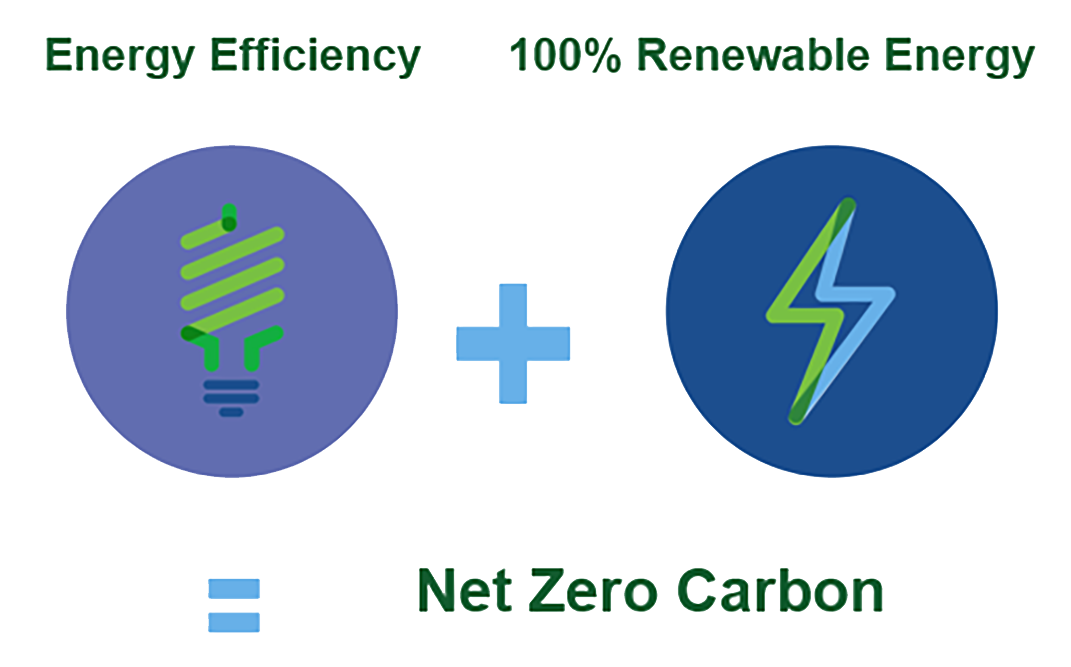
Sustainable Design for a better future
‘Sustainable design shows consideration for the environment and others’
Sustainability - definition - avoidance of the depletion of natural resources in order to maintain an ecological balance.
Paul McAlister Architects have designed and built many Certified Passive Homes throughout Northern Ireland and many other homes to a similar standard of energy efficiency. We are low carbons consultants focusing on reducing energy use to net-zero operations energy use.
A sustainably designed house uses the same principles as a Passive House and is built in such a way that it reduces energy consumption and CO2 emissions to the atmosphere. An Eco house creates a healthier indoor environment for the occupants and has a less negative impact on the environment.
Sustainably Designed Buildings in Practice
Paul McAlister Architects have been practising for over 20 years; forging a reputation at the forefront of sustainable design as a Certified Passive House Designer Architect. The Practice’s primary focus is on the delivery of high-quality, environmentally responsible architecture, merging elegant design and sustainable solutions that respond to our client’s unique needs and circumstances. We give Economic, Social and Environmental Sustainability the priority it deserves; delivering ultra-low energy design supported by the integration of sustainable technologies in each and every project we deliver. We believe sustainable buildings come from close collaboration between dedicated professionals and enthusiastic clients.
Paul McAlister Architects Certified Passive projects 2020
Certified Passive House Consultant
We are Northern Ireland's first Certified Passive House Designers, the world-leading energy efficiency standard and a benchmark of our sustainable operation-energy reduction credentials. This expertise means we can create environmentally sustainable architecture projects that have exceptional energy efficiency performance.
We recognise the importance of sustainable standards such as BREEAM, Passivhaus and NZEB as a benchmark of a building’s environmental performance and the production of sustainable buildings.
Operational Energy reduction by design
As Certified Passive House Designers we promote the ‘Fabric first’ reduction of CO2 in building use (Operational Energy) as a priority and requirement of our sustainable credentials. We understand that CO2 production losses during the lifetime of a building is a major environmental factor. The energy efficiency of the Passivhaus standard allows a suitable amount of renewable energy to provide all of the energy needs of a building. This leads to net-zero operational energy buildings after the addition of a modest amount of renewable energy supply, such as Photovoltaic panels.
Embodied Carbon reduction by design
Along with the CO2 reduction in building use (Operational Energy) the building materials specified, their ecological credentials, and the embodied carbon due to their carbon footprint needs to be balanced with the long terms economic sustainability of projects.
We design to the BREEAM and Code for Sustainable Homes and will incorporate these additional sustainable standards into our designs, with the aim of minimising the impact that our schemes have on the environment; both in their construction and operation. Ultra-low energy design can become the catalyst for innovative architecture.
Sustainable Life Cycle Cost
Life cycle costs play a pivotal role in the financial management of construction projects around the world. They allow critical decisions to be made regarding the relative importance of capital and longer-term costs, which ultimately impact asset performance, longevity, disaster resilience and sustainability. In the context of climate change, there is growing evidence of unsustainable levels of running costs in buildings with highly complex services.
The target for this outcome is to measure and benchmark the operational running costs of a building in use as per £/m2 using ICMS Life Cycle method of measurement. And compare this to the return on investment value created by the project, including rental value, building value, and social value as described in the previous section.
Key Design Principles - RIBA Sustainable Outcomes Guide
The key design principles for this outcome as discussed above is to align Capital expenditure with Operational expenditure budgets to ensure sustainable whole life value decisions are made:
1. Carry out whole life cycle analysis of key building systems
2. Carry out Soft Landings or RIBA Plan for Use processes
3. Measure energy costs
4. Measure management and maintenance costs
5. Measure overall running costs
6. Measure added value of occupant health and wellbeing
7. Measure added value of sustainable outcomes of building
Design Tools
The principal method for measuring whole life value is set out in the International Construction Measurement Standards (ICMS) Life Cycle Method of measurement. ICMS are principles-based international standards that set out how to report, group and classify construction project costs in a structured and logical form.
Affiliations
Elmhurst Certified (OCDEA) – Certified Energy Assessor for calculating Energy Performance of dwellings.
Passivhaus Institute - Certified European Passive House Designer (CEPH).
Policies and Certificates
BS EN ISO 14001:2015 - An environmental management system allowing the implementation of an environmental policy about aspects that it can control and influence.
Sustainable Design Awards
RSUA Awards Sustainability Category 2016, Crest Pavilion - Category winner
RICS Innovation Category awards 2015, Crest Pavilion - Highly Commended
Action Renewables Awards 2015 - Crest Pavilion - The most Environmentally Sustainable Construction Project
Sustainable Ireland Awards 2014 - Crest Pavilion - Sustainable building project of the year
Passive House Trust Awards 2014 - Cost & Build-ability - Finalists
Green Apple Awards for the Built Environment & Architectural Heritage 2014
Best Green Business. Craigavon Business Awards 2012 - Silver Award
Action Renewables Association Awards 2012 - Most Innovative Construction Project
Best Green Business. Craigavon Business Awards 2010 - Gold Award
Northern Ireland Sustainable Planning Awards 2009 - Finalists
















